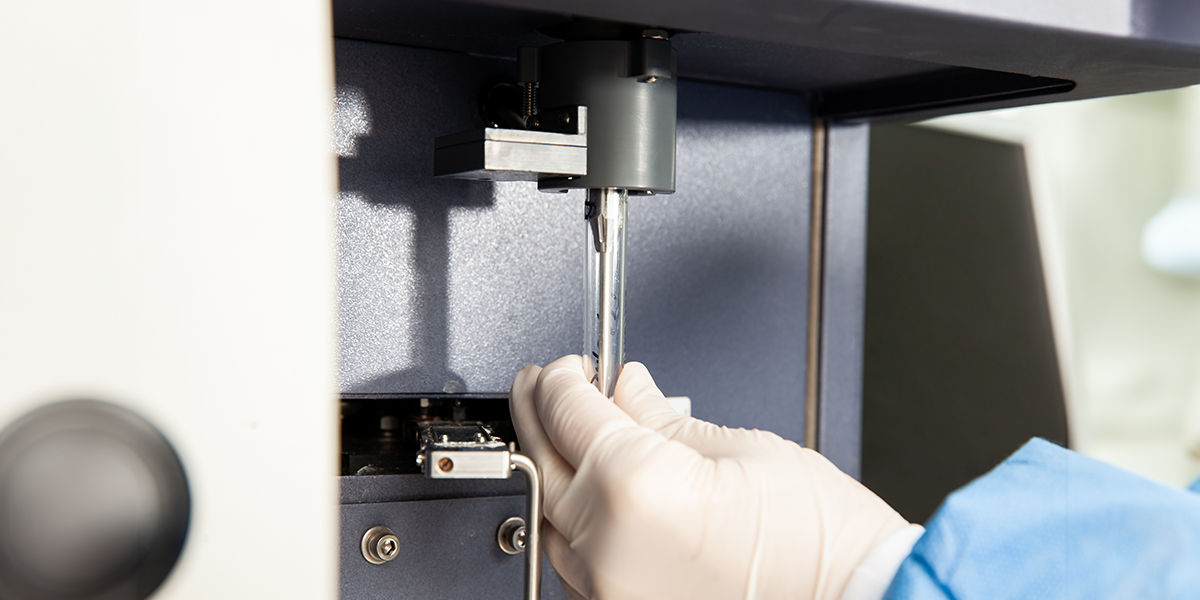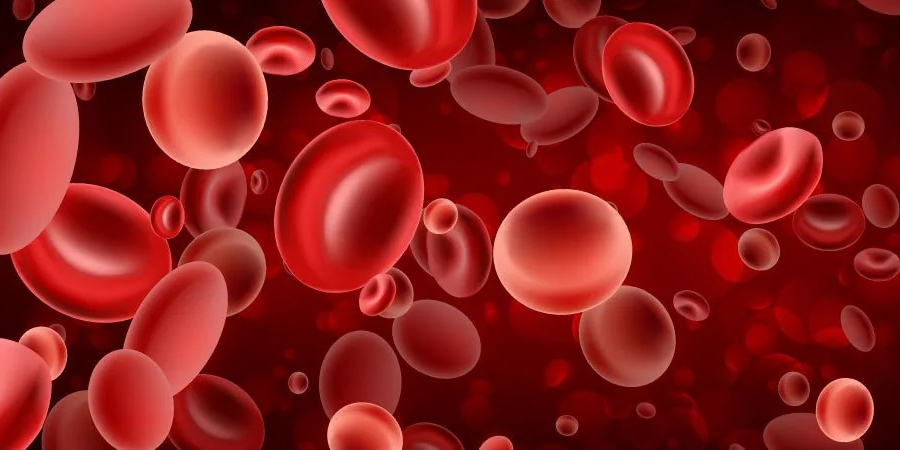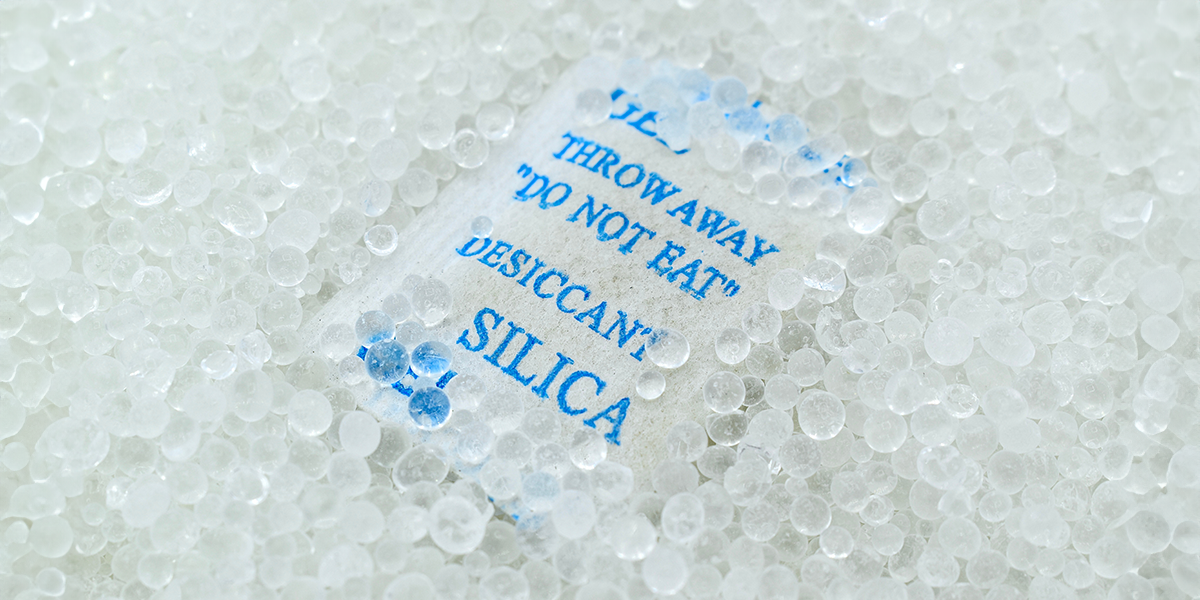Selecting a Pump for Hematology Analyzers
Key Takeaways / Highlights Piston pumps(rotating and reciprocating) offer unmatched precision, chemical resistance, and longevity—ideal for...
2 min read
Nicolas Mercier : Updated on January 22, 2026

Flow cytometry, a powerful technique used in various scientific fields, relies heavily on precision and consistency for accurate results. As an engineer designing a flow cytometry system, selecting the right pump is a critical decision that can significantly impact the system's performance. This blog post aims to guide you through this process, discussing the importance of low pulsation in precision pumps, and the key qualities to look for in a pump for flow cytometry instruments.
What is Flow Cytometry?
Flow cytometry is a technique used in cell biology, microbiology, clinical medicine, and other fields to analyze the physical and chemical characteristics of particles in a fluid as it passes through at least one laser. Cell components are fluorescently labeled and then excited by the laser to emit light at varying wavelengths. The fluorescence can then be measured to determine various properties of single particles. Flow cytometry allows for the simultaneous multi-parametric analysis of the physical and/or chemical characteristics of up to thousands of particles per second.
What Does Low Pulsation Mean When Selecting a Precision Pump?
Low pulsation in the context of precision pumps refers to the minimal fluctuation in fluid flow during operation. Pulsation can cause variations in flow rate, leading to inconsistencies in the delivery of fluidic samples. This is particularly important in applications like flow cytometry, where precise delivery of cells and reagents is crucial for accurate analysis. A low pulsation pump ensures a smooth, consistent flow, which can significantly improve the reliability of flow cytometry results.
What Pump Qualities are Important for Flow Cytometry?
As mentioned, in flow cytometry instruments, precision pumps are essential for accurate and repeatable delivery of samples. Other factors to consider are chemical compatibility, durability to withstand continuous operations without failure, ease of maintenance, and flexibility to accommodate different types of cells and reagents.
What Fluid Metering Pump Would You Recommend for Flow Cytometry?
The TRYTON™ Pulseless Nanoliter pump from Fluid Metering is the recommended pump for this application. Its low pulsation design ensures a smooth and consistent flow. The TRYTON is also designed with chemical compatibility in mind, making it suitable for use with a wide range of reagents. With its ability to maintain a stable flow rate, even at low volumes, the TRYTON is ideal for flow cytometry applications.
How Can Fluid Metering Help Engineers Develop These Types of Applications?
At Fluid Metering, we understand the complexities involved in developing applications like flow cytometry. Our team of experts are available to provide guidance and support, helping engineers select the right pump for their specific needs. With years of experience and high-quality pumps like the TRYTON, we are well-equipped to help engineers overcome the challenges of developing these types of applications.
By partnering with Fluid Metering, engineers can develop genomic devices that deliver reliable and accurate results. Contact us today to learn more about the TRYTON and how we can deliver a prototype within two weeks.

Key Takeaways / Highlights Piston pumps(rotating and reciprocating) offer unmatched precision, chemical resistance, and longevity—ideal for...

1 min read
Key Takeaways: Fluid Metering’s precision pumps for silica bead slurries handle particle sizes from 3µm to 800µm with low shear, no entrapment, and...

1 min read
Key Takeaways: For microbiology analyzer pump selection, accuracy, sterility, and chemical compatibility are essential—Fluid Metering’s FENYX® and...